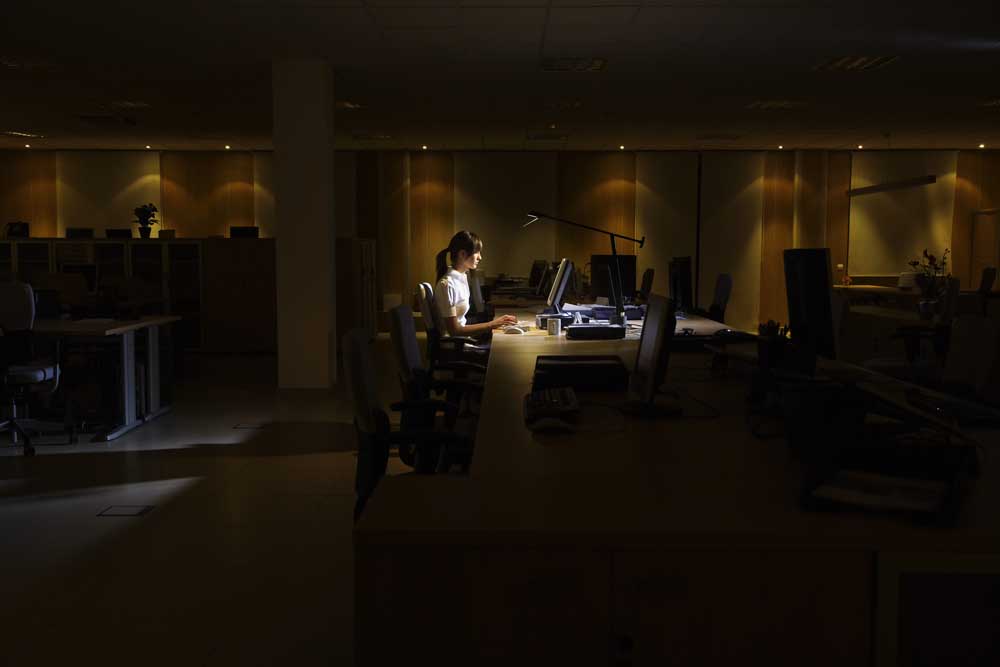When I am among the trees,
Especially the willows and the honey locust,
Equally the beech, the oaks and the pines,
They give off such hints of gladness
I would almost say they save me, and daily.
Excerpt, “When I Am Among The Trees” by Mary Oliver
We live in a world that allows us immediate, constant access to Internet spaces. This offers us accessibility, economic opportunity, entertainment, cultural exchange, education, and productivity. However, for as many benefits as there are, we’re also presented with challenges – Cognitive overwhelm, social isolation, distraction. Worldwide, we spend an average of six hours and 40 minutes per day on screens, and we average five or fewer hours in nature per week.
Research shares with us a wealth of information about how nature is beneficial for our emotional and cognitive health. When we disconnect and get ourselves into nature, we are happier, perform better on tasks, feel more energized, and experience real-time, literal connection to the world around us. The biophilia hypothesis (“biophilia” literally means love of life or love of living systems) suggests that humans have an innate tendency to seek connection with nature and other forms of life. This hypothesis states that spending time in nature triggers a physiological response that lowers stress levels. We have many studies that show humans perform better on cognitive tasks while listening to nature audio, pausing to view nature scenes, and green spaces adjacent to schools boost cognitive development in children. We know that adults perform better on work-related tasks when they, too, have access to green spaces.
Nature helps us feel joy, we become more creative, and moving our bodies further supports the metabolization of emotion. Neuroimaging studies have shown that being in nature activates regions of the brain associated with empathy and emotion regulation.
Back to social media for a sec – It’s important to acknowledge that we often see posts in the Internet space about folks who mountain climb, backpack across countries, and live on sailboats. It’s easy to engage in comparison and think of ourselves as not doing enough when we aren’t able to participate in viral-video-worthy feats. But, the nervous system doesn’t discriminate between the leaf on the tree at the top of the mountain and the leaf on the tree outside of your home.
Nature is everywhere, and can be free or low-cost to access. Some ideas, just to name a few:
- Sitting next to an open window
- Reading a book outside
- Picnicking with a loved one or friend
- Water balloon fight!
- Birding
- Journaling outside
- Hopscotch
- Disc golfing
- Running and/or walking
- Stargazing
- Laying in the grass and watching the clouds
- Gardening

5 Benefits of Mindfulness
There are a lot of terms floating around the online world out there and it can be difficult to determine which ones to trust as the real deal and which ones are simply trigger words or click bait. One of the up-and-coming ones is mindfulness. As more and more...

Workaholism: The Hidden Epidemic
— WORKAHOLICS ANONYMOUS MEMBER Workaholism is described by some as the “respectable addiction,” though its affects can be destructive and even deadly to those who are compulsively addicted to work. How can you tell if you are a workaholic? How do we distinguish...

Authentic vs. Inauthentic Shame: Why It’s Essential to Know the Difference
The feeling of shame has a reputation of being the vampire of emotions--the feeling that will suck the life right out of you. Because it comes with it a very physical discomfort, heat, and pain, it’s probably on your list of emotions to be avoided at all costs. In...

How to Ruminate Purposefully
Do your thoughts ever end up stuck in the past, replaying a conversation or event in your head? Susan Nolen-Hoeksema from Yale University describes ruminating as “a mode of responding to distress that involves repetitively and passively focusing on symptoms of...

How to Gear Up for an Awkward Conversation
Years ago, I was the guitarist in a rock band. Well, okay, the term “rock band” might be a bit of an exaggeration. It was really a group of fresh-faced college students playing children’s music at local parks. The trouble was, our drummer had just learned some fancy...

